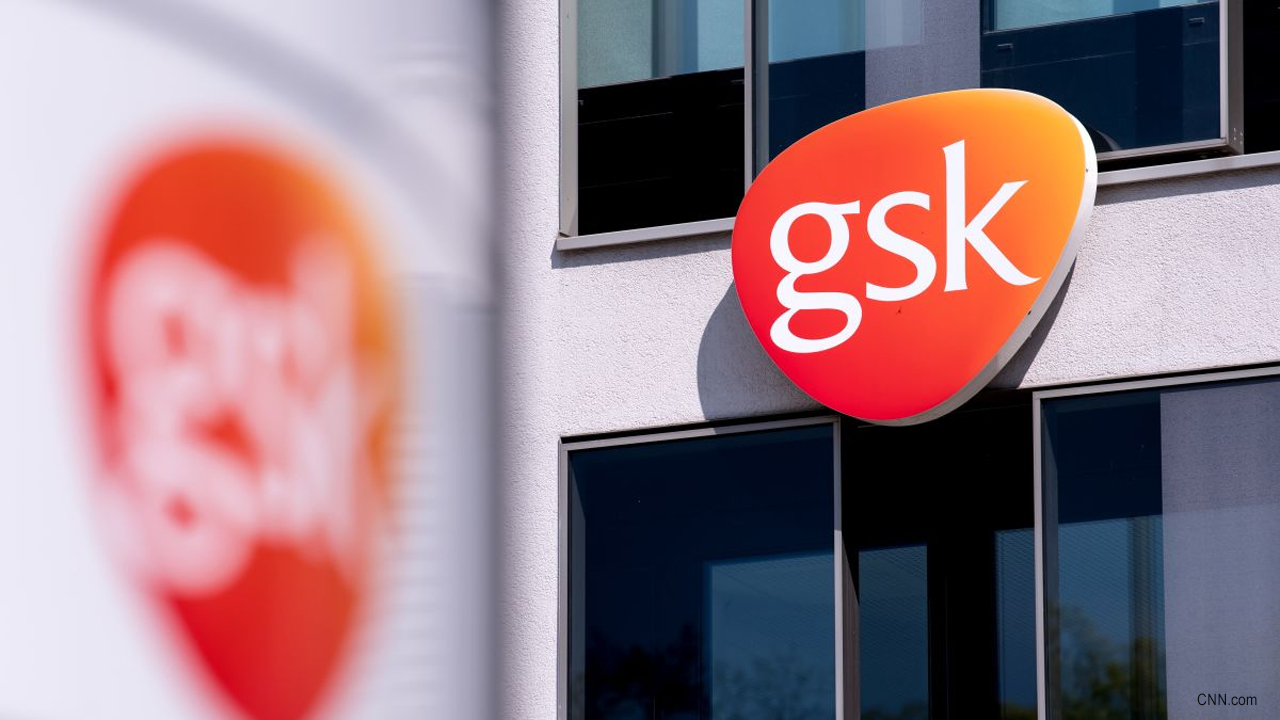GlaxoSmithKline plc today announced that the US Food and Drug Administration (FDA) has accepted a regulatory submission seeking approval for the use of its anti-IL5 biologic Nucala (mepolizumab) as a treatment for patients with chronic rhinosinusitis with nasal polyps (CRSwNP).
CRSwNP is an inflammatory condition, characterised by raised eosinophil levels, in which soft tissue growth known as nasal polyps develop in the upper nasal cavity. Nasal polyps can cause chronic symptoms such as nasal obstruction and discharge. Patients with severe disease may require surgical intervention, however polyps can recur meaning patients go through repeated surgeries that become progressively less effective and more risky.
The submission is based on data from the pivotal SYNAPSE study which explored the effect of Nucala in over 400 patients with CRSwNP. All patients in the study had a history of previous surgery (approximately one in three had ≥3 surgeries) and needed further surgery due to severe symptoms and increased size of their polyps.
If the submission is approved, Nucala would become the first anti-IL5 biologic to be approved for CRSwNP in the US and the only treatment approved for use in four eosinophil-driven diseases.
Nucala is currently approved in the US for patients with severe eosinophilic asthma aged six years and older and for adults with eosinophilic granulomatosis with polyangiitis (EGPA). It also recently became the first biologic to be approved for patients aged 12 years and older with hypereosinophilic syndrome (HES). Nucala is not approved as a treatment for CRSwNP anywhere in the world.
CRSwNP is a chronic inflammatory disease of the nasal passage linings or sinuses leading to soft tissue growth known as nasal polyps in the upper nasal cavity and is characterised by elevated levels of eosinophils. The resultant swellings can grow in both nostrils (bilateral) resulting in chronic rhinosinusitis, greatly impacting a patient’s quality of life due to nasal obstruction, loss of smell, facial pain, facial pressure and nasal discharge. Surgery to remove the polyp tissue may be indicated for severe cases. However, polyps have a strong tendency to reoccur often leading to repeat surgery.
First approved in 2015 for severe eosinophilic asthma (SEA), mepolizumab is the first-in-class monoclonal antibody that targets IL-5. It is believed to work by preventing IL-5 from binding to its receptor on the surface of eosinophils, restoring blood eosinophils to more normal levels. The mechanism of action for mepolizumab has not been definitively established.
Mepolizumab has been developed for the treatment of diseases that are driven by inflammation caused by eosinophils. It has been studied in over 3,000 patients in 26 clinical trials across a number of eosinophilic indications and has been approved under the brand name Nucala in the US, Europe and in over 20 other markets, as an add-on maintenance treatment for patients with SEA. It is approved for paediatric use in SEA from ages six to 17 in Europe, the US and several other markets. In the US, Japan, Canada and a number of other markets, it is approved for use in adult patients with EGPA. It was approved for use in HES in the US in September 2020. Mepolizumab is currently being investigated in CRSwNP and COPD. It is not currently approved for use in CRSwNP or COPD anywhere in the world.

 If approved, Nucala would be the only treatment approved in the US for use in four eosinophil-driven diseases.
If approved, Nucala would be the only treatment approved in the US for use in four eosinophil-driven diseases.
















.jpg)


















